VietnamIt's one of only a handful of one party communist states in the world and is best known in the west for two very violent wars that were fought in the territory in 20th century. There is no doubt the Vietnamese people have had a rough couple of hundred years. After first being colonised by the French, they were then overrun by the Japanese during the Second World War. Two bloody wars of freedom followed, first defeating the French, and then defeating the Americans. The country was, for decades, an international pariah. However, a shift to a more markets based economy has seen the country post impressive growth figures and is now one of the fastest growing economies in the world. In addition, a tourism sector that was destroyed by war is also thriving. I paid a visit to two of the major cities in Vietnam; Hanoi and Ho Chi Minh City (Saigon), capturing the life of these two distinct areas of the country; two areas that were once bitter enemies, now reunited as one Vietnam. Travel advice for SikhsHanoi airport is a little unnerving for anyone. Imposing guards with communist style clothing walk around, and arranging your visa is not straight forward. Be alert, be careful but most importantly, be confident. Make sure you have a couple of spare passport sized photos with you, but under no circumstances pay for anything out of the ordinary. Other than the entry to Hanoi, travelling around the country is perfectly fine. As a Sikh you are not treated any differently. I found that I was never subject to extra security checks in South East Asia (read more here), and Vietnam is no different. In fact, being a Sikh in Hanoi was a positive, many elder locals were particularly welcoming and happy to see a Singh walking around. Leaving Vietnam for the Cambodian border isn't a fun experience, but again, it's not limited to Sikhs, it's just not very organised and you can be waiting in a queue for hours. Other than that, the reception of locals is fantastic. As the capital of Vietnam, the pace of life is surprisingly slow, especially when compared to Ho Chi Minh City. It is also the bastion of the country's communist party, and you're never more than a few steps from a red flag. Street after street is lined with shops lionising the Vietnamese struggle; first against the French, then the Americans. You can read more about my trip to Hanoi here. The city comes alive at night. Here a group of Hanoi natives watch a play that celebrates the country's rich cultural heritage. Music, thick make-up, and extravagant costumes make these plays visually impressive. The Hoan Kiem Lake is a focal point of the city, and every morning at sunrise, the banks of the lake are covered with locals practicing Tai Chi. Practitioners are all ages, although the bulk of them are slightly older individuals. It's uniquely peaceful. Rice paper and Pho. It's strange how something so simple can be so delicious. I've travelled across most continents, but Vietnamese cuisine is definitely in my top 10. Ingredients in Hanoi were fresh, the flavours strong. I've always said I'm not even a slight foodie, but I can tell when something is tasty. And when it's cheap too, that's always a bonus. The night markets are the heartbeat of the city. Locals come out in their droves to search for bargains. I didn't think the night market in Hanoi had quite the charm of the one in Chiang Mai or Siem Reap, but it was definitely larger than both. Nonetheless, what's better than finding a pair of Calvin Klein underwear for a tenth of the price in England (yes I realise they aren't the real thing). The flag of Vietnam, with it's communist symbolism dominates the Hanoi landscape, day or night. Here, a colonial era building that would have once flown the tricolour of France, today proudly flies the Vietnamese standard. Away from the night markets, the streets are still alive into the evening. Massage parlours seem to be everywhere, and it's a city where you can probably buy almost anything until the early hours. Unlike the broad avenues of the French quarter, my favourite area was the Old Town with its narrow streets and streaks of electricity wires criss crossing and crackling overhead. The modern skyscrapers of Ho Chi Minh city seem a world away from Hanoi. The city, then known as Saigon, served as the capital of the western-backed South Vietnam and the fall of Saigon reunited the two Vietnams at the end of the Vietnam War. Despite not being the capital city, it has the pace and architecture of a city a lot more suited to the role. Ben Thanh Market is one of the city's most famous. Oddly, it reminded me of an indoor market back home in the Midlands, I wasn't particularly impressed and everything seemed slightly more expensive than I would have expected. A turtle sanctuary stands outside a Vietnamese pagoda. I could have watched these little guys swimming around all day. Inside the pagoda, locals prayed and worshipped. Buddhism, despite the best attempts of an atheist communist government, plays a major role in the lives of many locals in not only Ho Chi Minch City, but wider Vietnam. After thinking I had escaped the posters of Mr Ho Chi Minh in Hanoi, I was once again confronted by them in Ho Chi Minh City. There is a definite cult of personality, but there is also no doubt that he was one of the most remarkable men of the 20th century, leading his people to freedom against all the odds. Still, a picture of him holding children as father of the nation is a bit much. One of my favourite memories, not just of Vietnam, but all of my travels was meeting this gentleman. After hopping onto his scooter, we spent hours going around the rain soaked streets of the city. Honestly, I'd recommend reading my full story here. It's not an experience I will forget in a hurry. Infrastructure isn't amazing, and many times I found myself walking through narrow, leaky alleyways. However, it's like the story about the rose that grew from the concrete. Vietnam has had a very bloody, violent and tragic 150 years - first under colonialism, then under competing economic and political systems and let's not forget they fought, and won, a total war against a leading European power and then almost immediately after, the United States. The tenacity, determination and will of the Vietnamese people is incredible. It's something not only Sikhs, but everyone can learn from. Economists have a positive outlook for the future of Vietnam and it's unsurprising given the nature of its inhabitants. Here's to hoping the 21st century is a little more stable for this beautiful corner of the world. Comments are closed.
|
AuthorBritish Sikh, born in the Midlands, based in London, travelling the world seeing new cultures. Categories
All
|
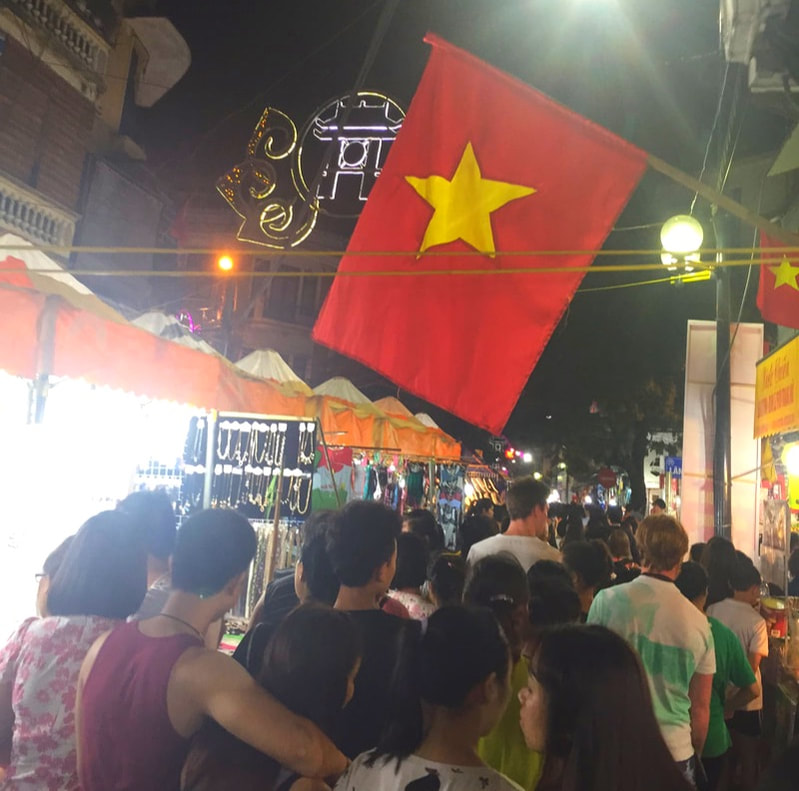
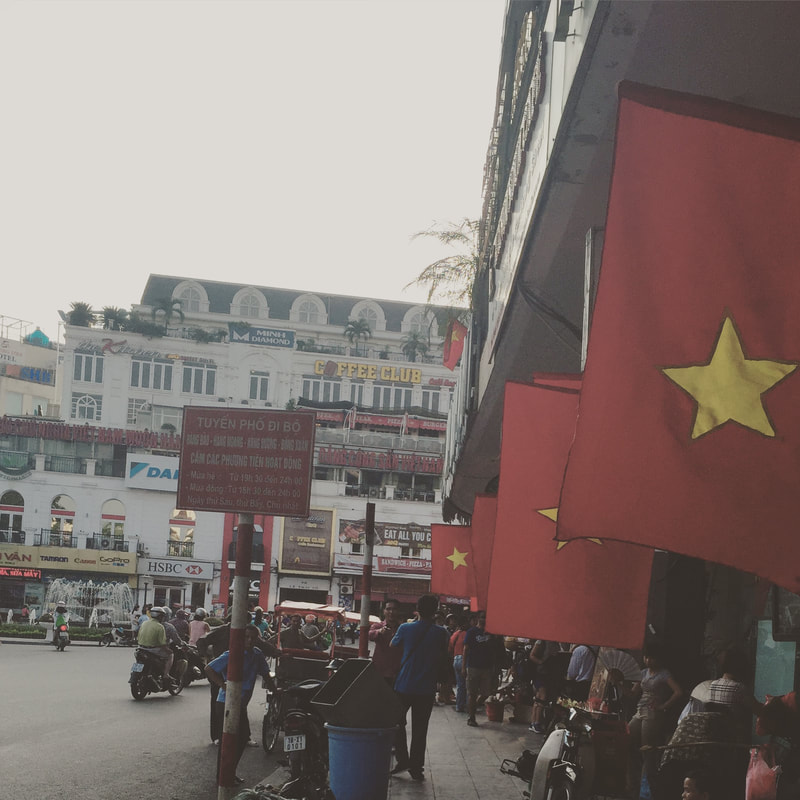
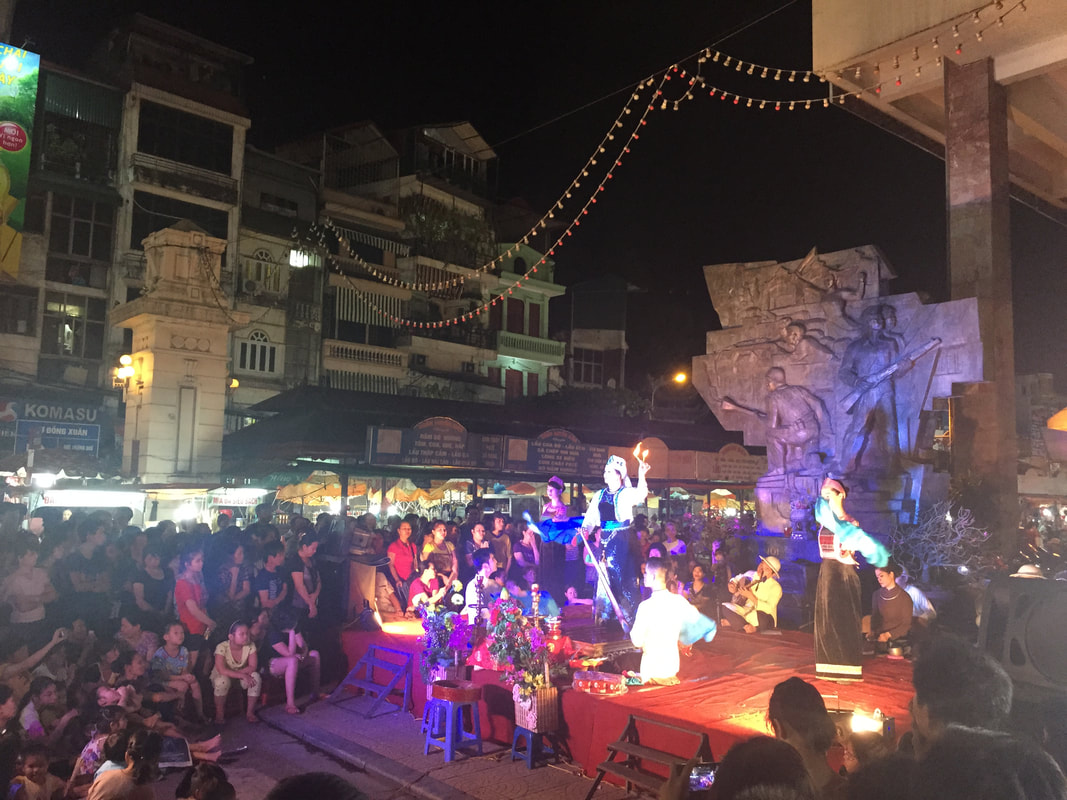
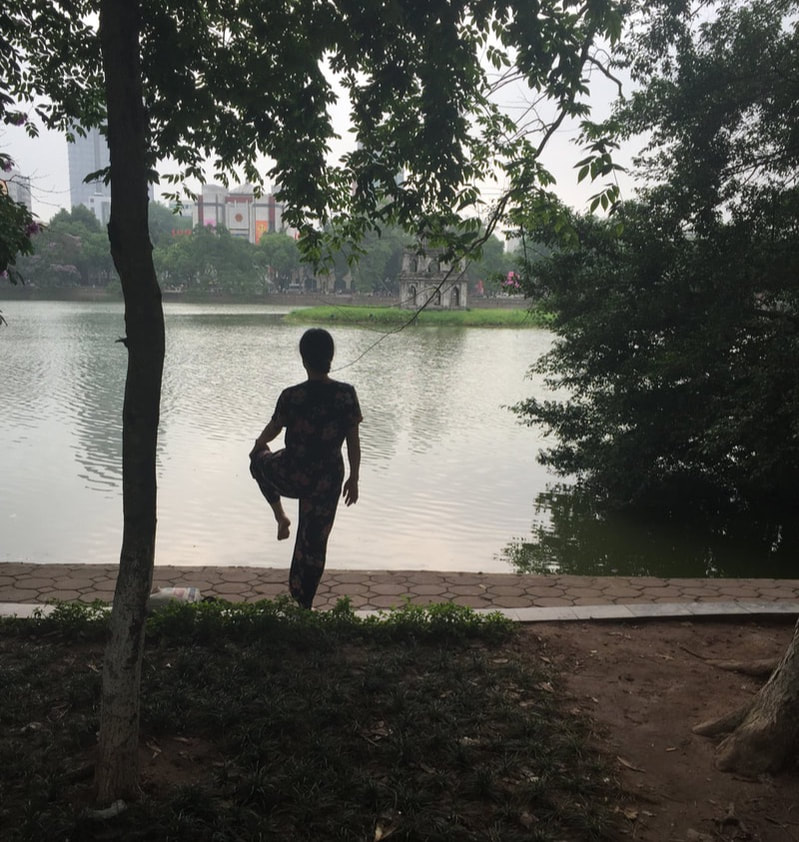
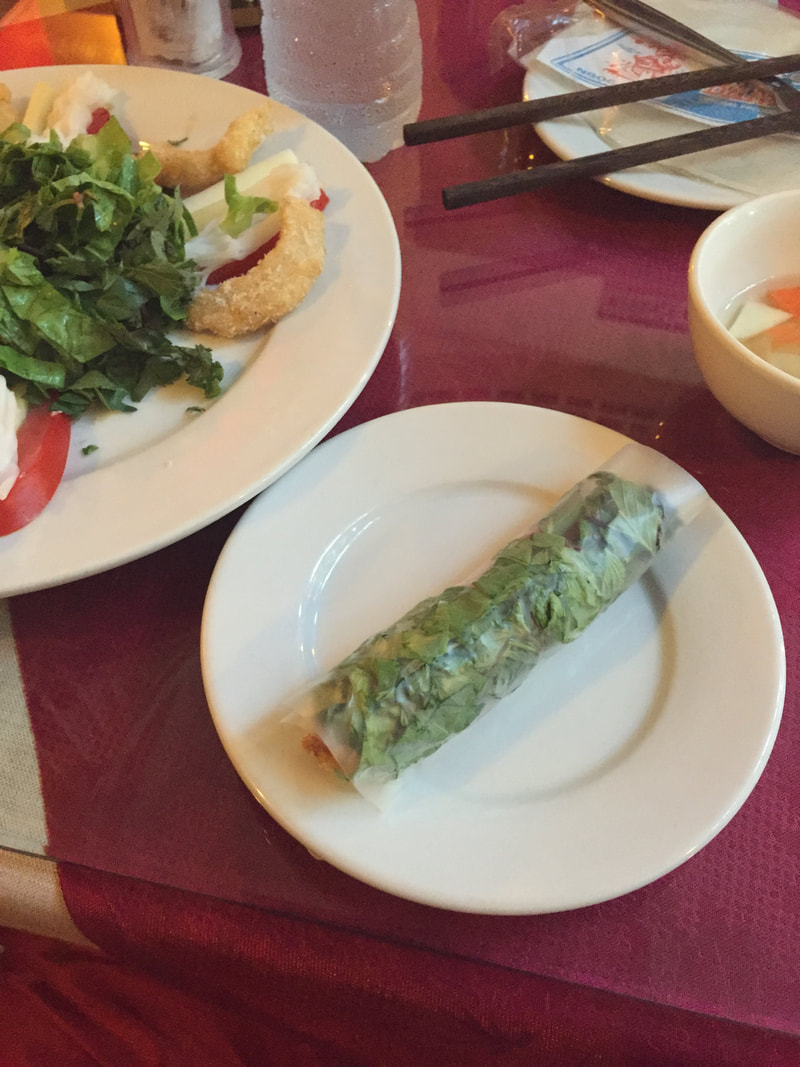
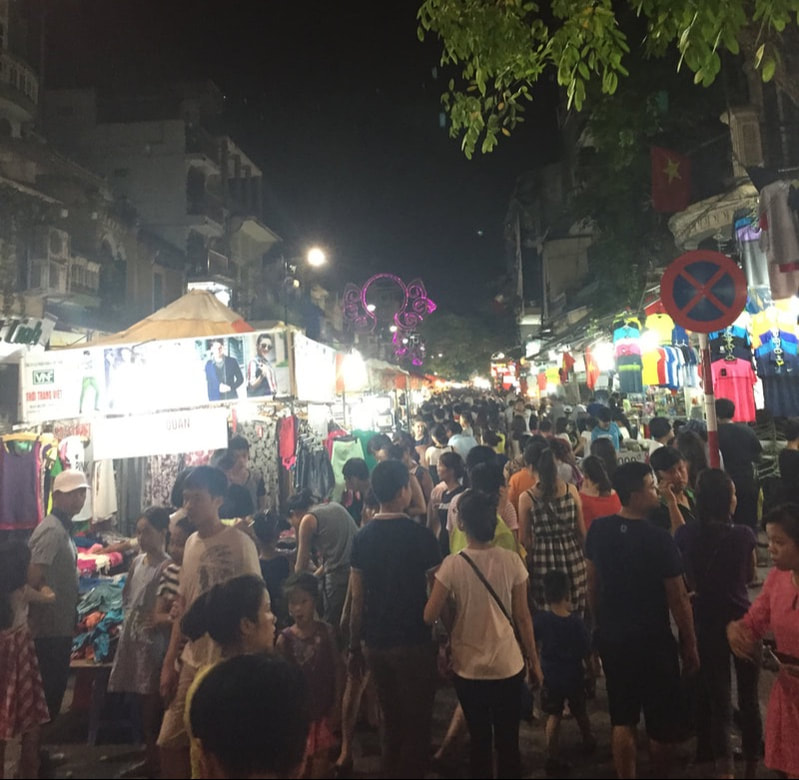
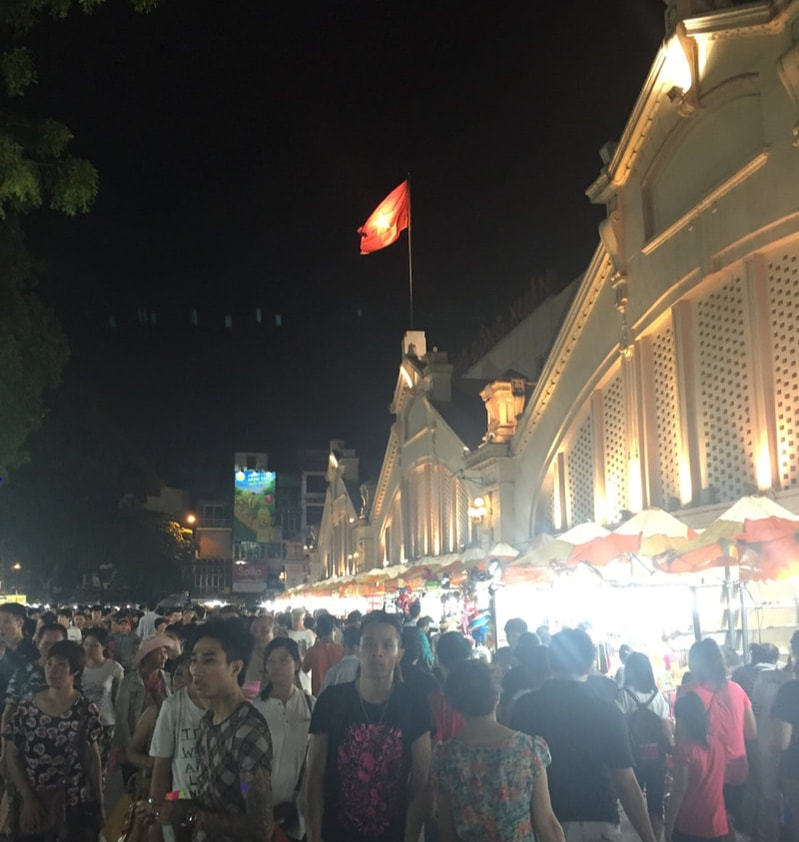
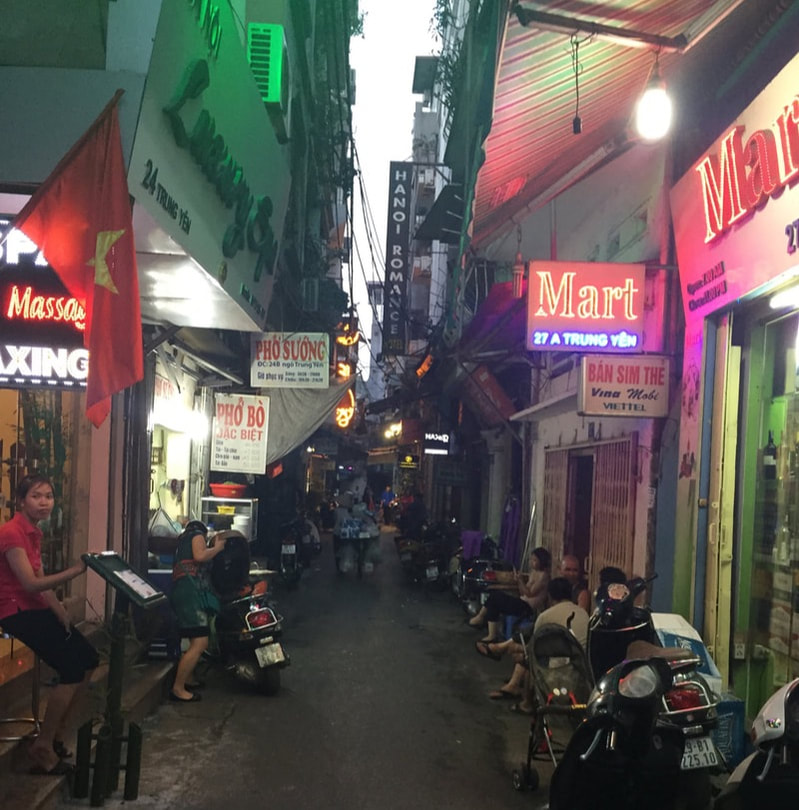
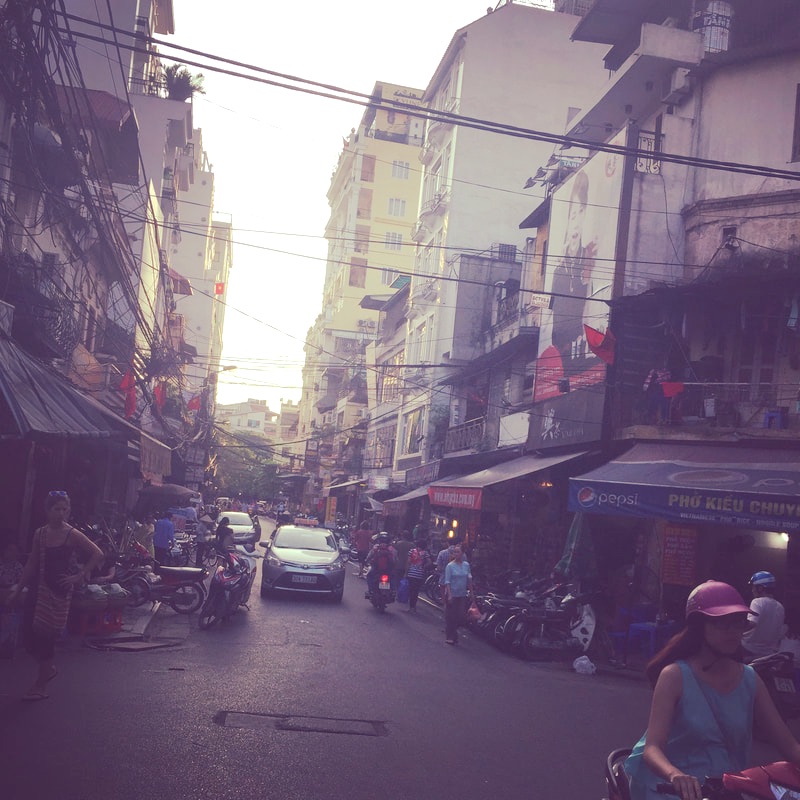
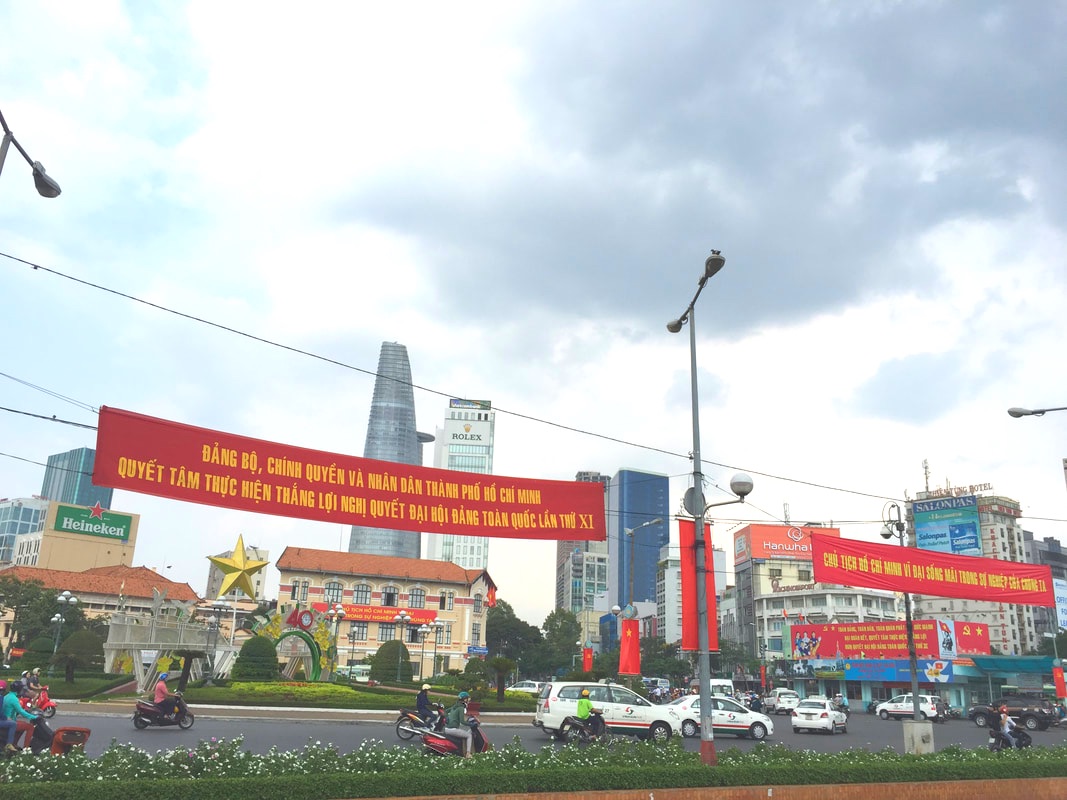
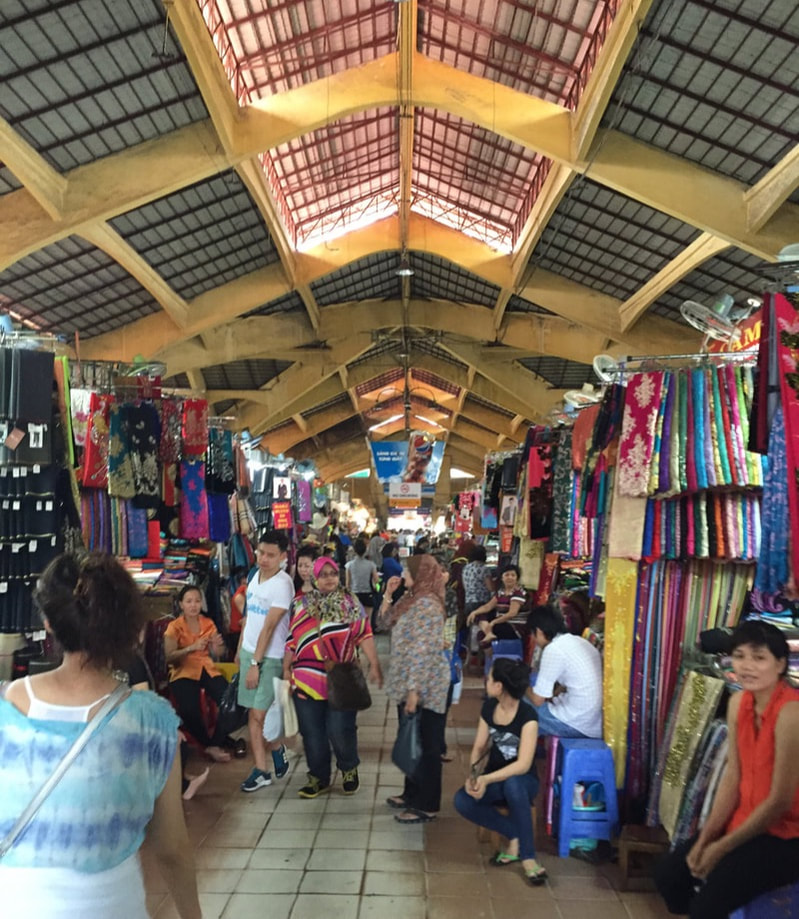
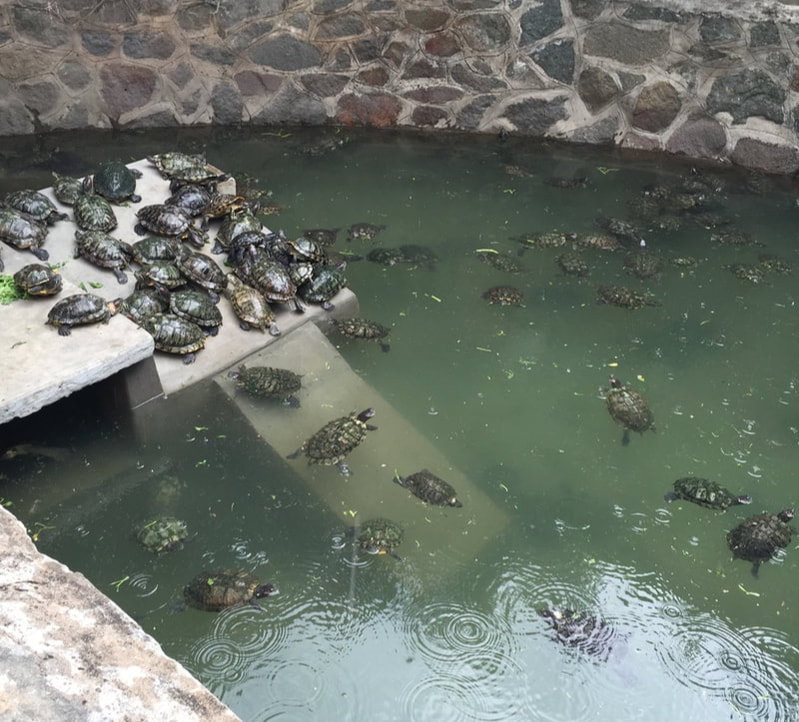
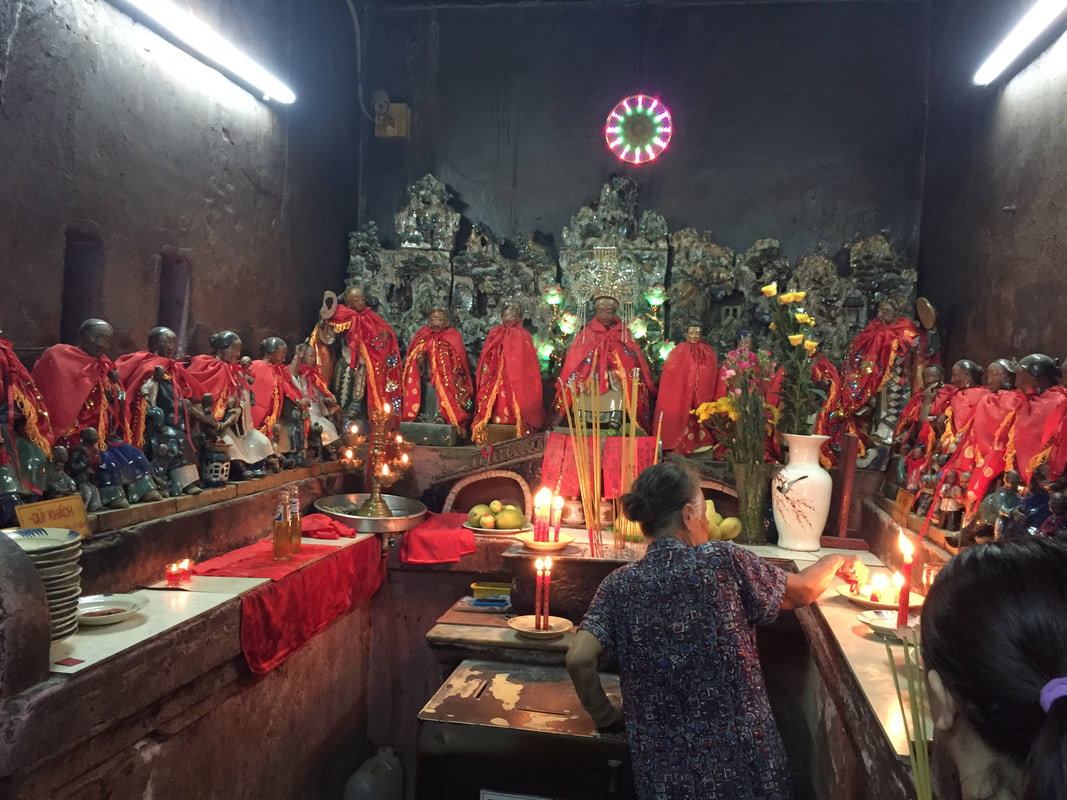
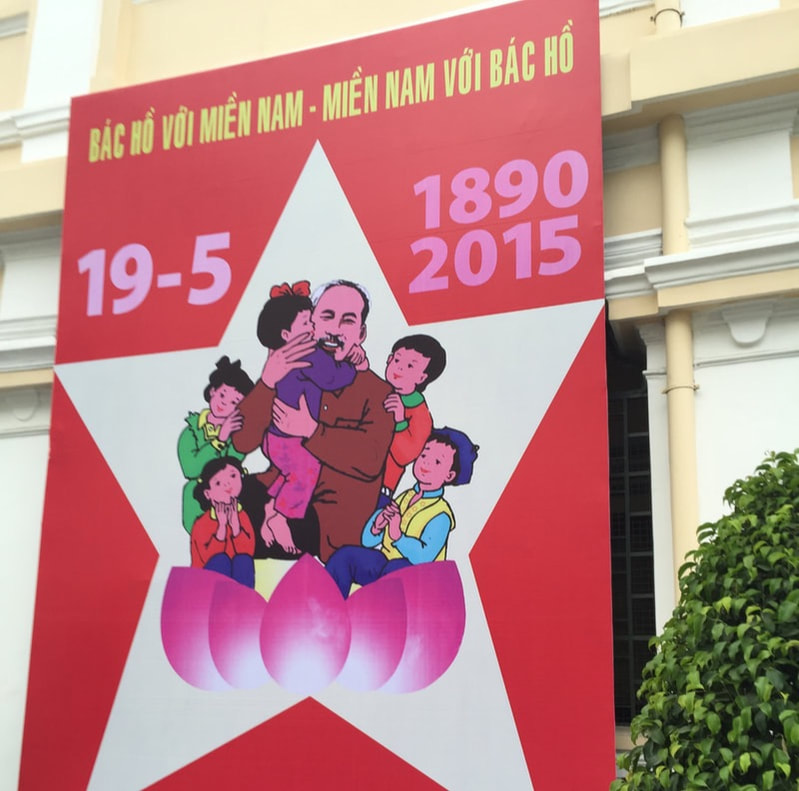
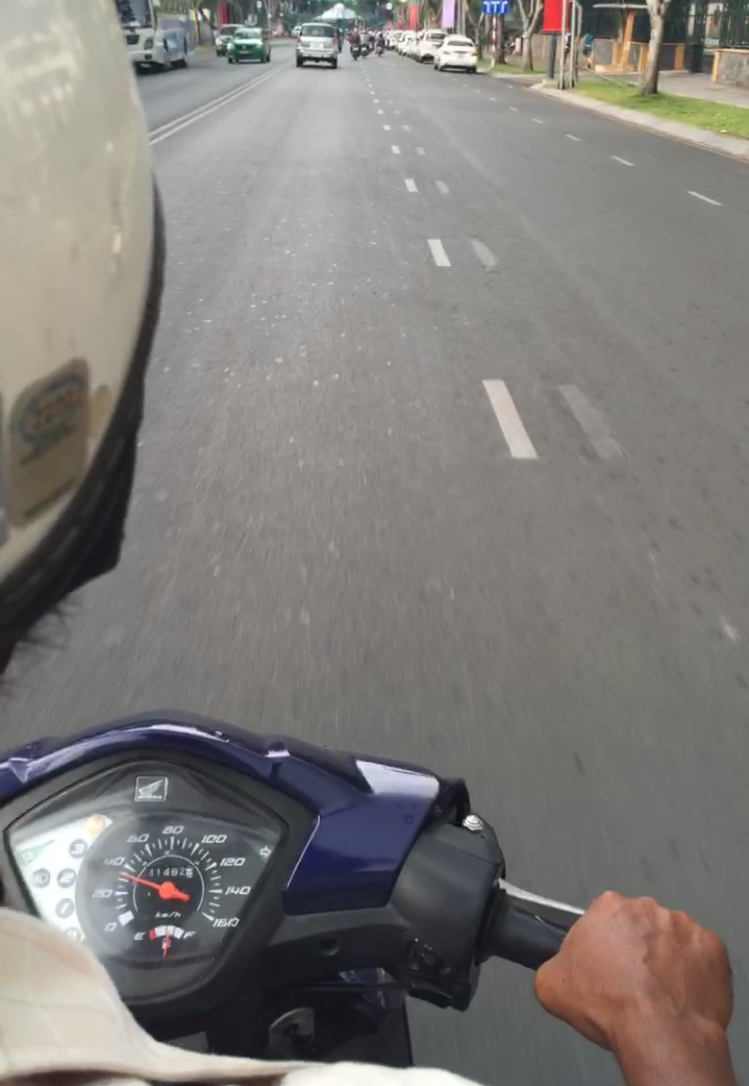
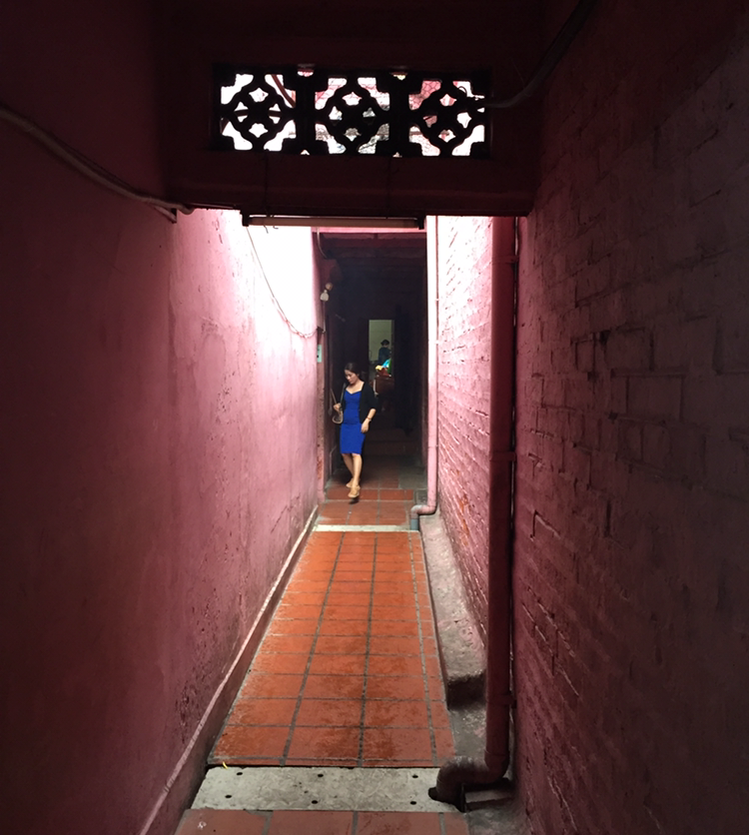
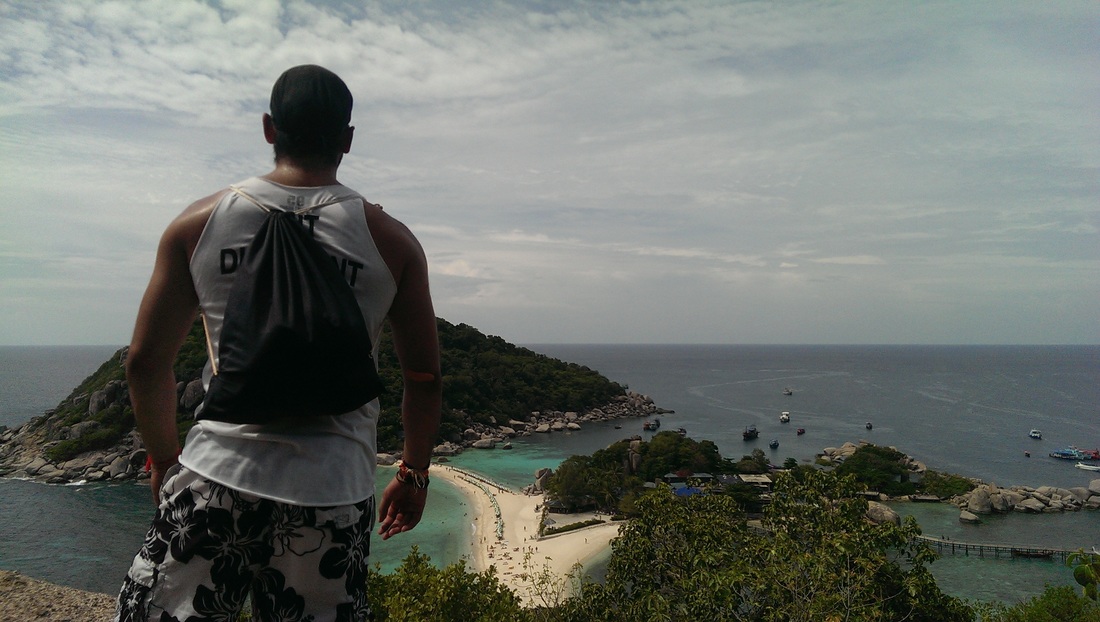
 RSS Feed
RSS Feed